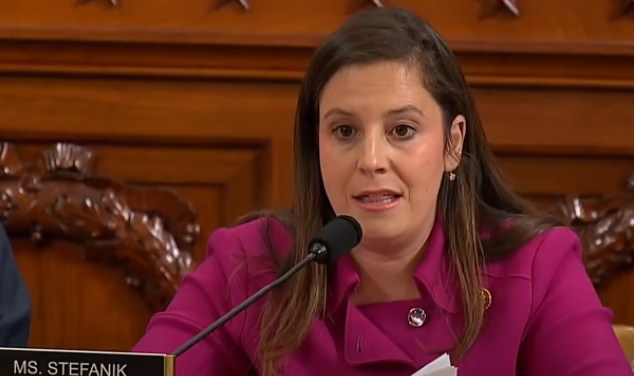Ideological opposites in Congress try to protect single-sex college organizations

After Harvard University tried to shut down single-sex college organizations such as fraternities and sororities, two of its graduates proposed a bipartisan bill to prevent higher education institutions from trying to ban these organizations from their campuses.
Democrat Rep. Ruben Gallego (Ariz.) and Republican Rep. Elise Stefanik (N.Y.), both Harvard grads, worked on a new version of the Collegiate Freedom of Association Act, which was first introduced in June, 2019. The act will amend the Higher Education Act in order “to uphold freedom of association protections” and prevent universities from penalizing single-sex organizations.
Rep. Gallego told the Washington Examiner that “It’s a bipartisan bill between me and Elise Stefanik, largely in response to Harvard’s attempt to shut down single-sex organizations, which in my opinion is a violation of students’ freedom of association.” The Arizona congressman noted that the bill has “bipartisan support across the spectrum,” including members of the Congressional Black Caucus. “Many of them belong to Greek fraternities and recognize that it’s an important part of the career-building process for people to go and join them,” Gallego added.
“Harvard decided to shut down single-sex organizations, which essentially affected mostly female organizations,” Gallego mentioned. “Almost all female single-sex organizations were shut down. Actually, all of them were shut down, basically trying to have a safe space for them to congregate, meet, and network. I spoke to Harvard and asked them to rescind this,” he said, “We’re going to continue to try to push this out and make sure other people and other colleges don’t make the same mistake.”
Harvard began the process in 2017 and its sanctions would have affected the class of 2021. The university had proposed rules on single-sex clubs and Greek organizations and the violation of these rules could lead to varsity sports bans, lack of university support in applying for Rhodes scholarship, and other similar punitive measures.
However, Harvard dropped the sanctions policy and settled a lawsuit in August 2020 without publicly announcing the settlement terms.




